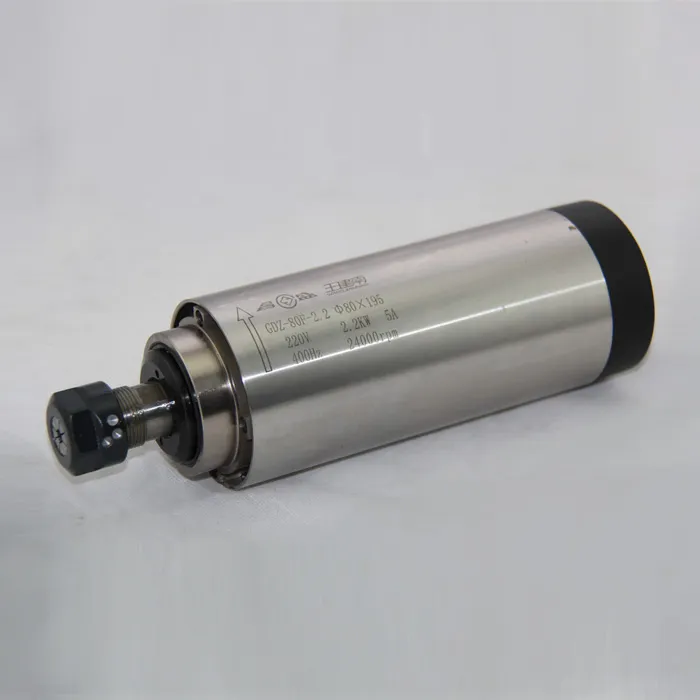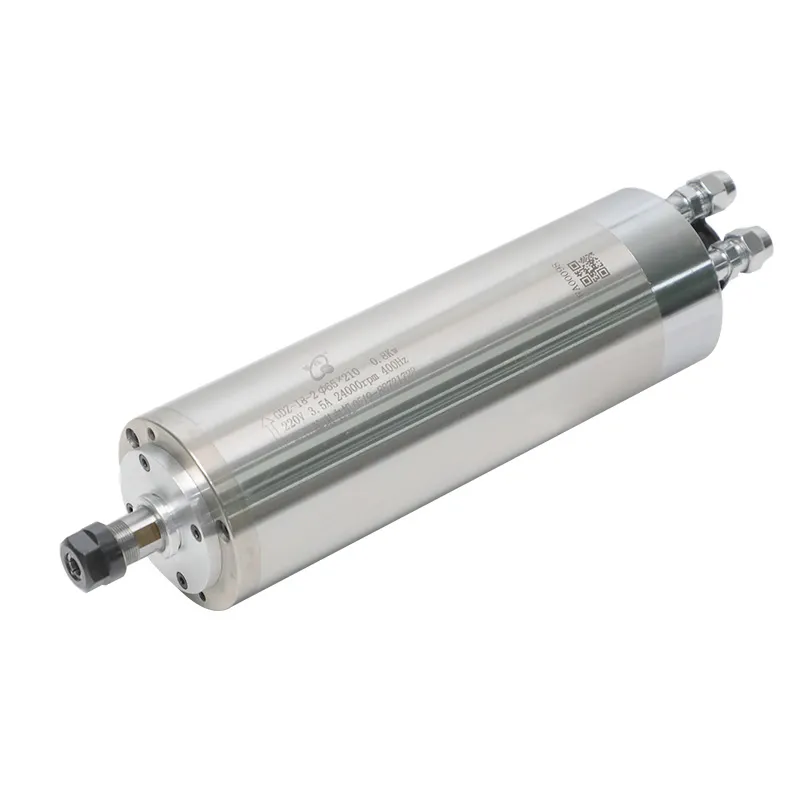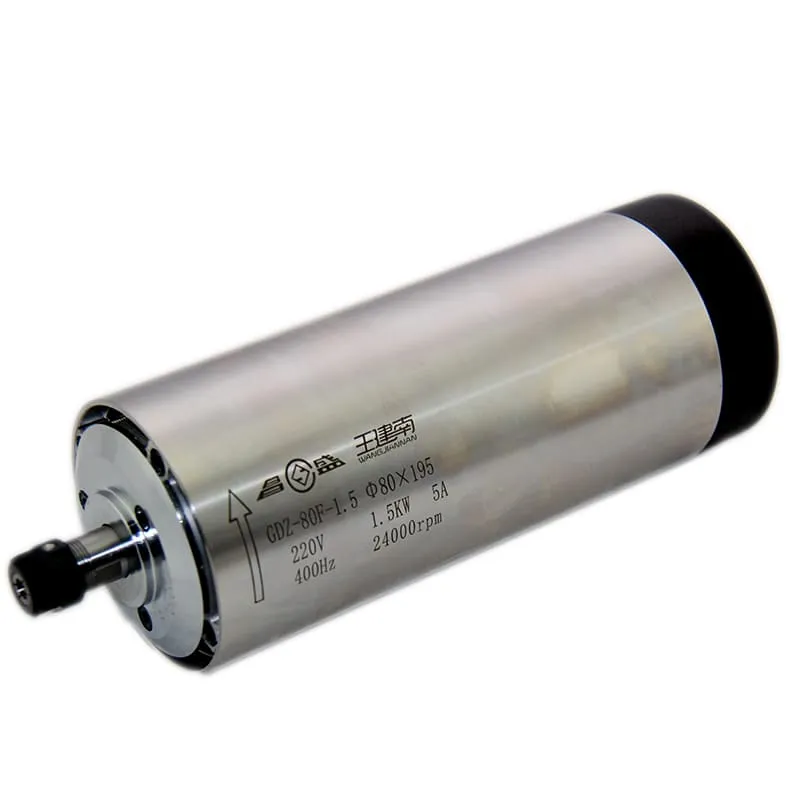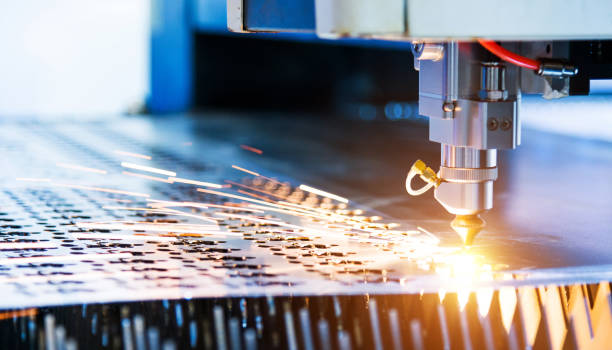CNC machines have become the backbone of modern manufacturing, allowing for precise control over cutting, milling, and shaping processes. Whether you’re a hobbyist, a small business owner, or part of a large manufacturing enterprise, understanding the cost of CNC machines can help you make informed decisions. This comprehensive guide will explore everything you need to know about CNC machine costs, from the initial purchase price to the factors that influence these prices and how to calculate ongoing operational expenses.
What is a CNC Machine?
A CNC machine, which stands for Computer Numerical Control, is an automated tool used for cutting, drilling, milling, and machining materials like metal, plastic, wood, and more. The machine works by following a set of instructions written in G-code, which provides extremely precise control over every movement.
CNC machines come in different types, each with its specific cost. Some of the common types include:
- CNC Router: Often used for woodworking and lighter materials.
- CNC Milling Machine: Suitable for cutting metals and precise milling operations.
- CNC Lathe: Used primarily for producing cylindrical parts.
The cost of a CNC machine depends on its type, size, power, and additional features like automatic tool changers or multi-axis capabilities.
Factors Affecting the Cost of a CNC Machine
1. Type of CNC Machine
The type of CNC machine you need is one of the primary determinants of cost. Each type has its own set of capabilities and specifications.
- CNC Routers: These are generally the most affordable CNC machines. They are ideal for cutting softer materials like wood or foam.
- CNC Milling Machines: These machines are capable of heavy-duty work, including milling metals. They tend to cost more because of their complex construction and higher power requirements.
- CNC Lathes: Lathes are used for cylindrical parts and are usually in the mid-range price category.
Here is a quick table showing average costs based on CNC machine type:
| CNC Machine Type | Average Cost (USD) |
|---|---|
| CNC Router | $3,000 – $30,000 |
| CNC Milling Machine | $10,000 – $100,000 |
| CNC Lathe | $15,000 – $80,000 |
| Multi-Axis CNC Machine | $50,000 – $500,000 |
2. Size and Work Envelope
The size of the machine and its work envelope also significantly impact the price. Machines with larger cutting areas are more expensive, as they require more materials for construction and offer greater versatility in production.
- Small Benchtop CNC Machines: Often cost between $1,000 to $5,000 and are suitable for small projects and hobbyists.
- Full-Sized Industrial CNC Machines: Cost anywhere from $50,000 to $500,000, depending on the capabilities.
The right size depends on the materials you plan to work with and the maximum dimensions of the parts you intend to produce.
3. Spindle Type and Power
The spindle is a critical component of any CNC machine, and its type and power rating directly affect the machine’s cost. Machines with high-powered water-cooled spindles are more expensive due to their ability to handle heavier workloads and keep precision over longer periods.
For example, consider the 2.2KW ER20 Air-Cooled Spindle for reliable and efficient operations in woodworking. 
- Air-Cooled Spindles: Cost-effective and suitable for lighter projects.
- Water-Cooled Spindles: More expensive, but offer better cooling for long production cycles.
4. Features and Customization
Advanced features like an automatic tool changer (ATC), multi-axis capabilities, and touch probes add to the cost of a CNC machine.
- Automatic Tool Changer (ATC): Adds convenience and efficiency to the process by automatically switching tools during operations. Machines with ATC systems can cost upwards of $10,000 more than those without.
- Multi-Axis Capability: A 5-axis CNC machine is capable of more intricate and complex cuts compared to a 3-axis machine. The more axes a machine has, the higher its cost.
Breakdown of CNC Machine Costs by Type
1. CNC Routers
CNC routers are among the most popular options for hobbyists and small businesses due to their affordability and versatility. They can cut a wide variety of materials, including wood, plastic, and some softer metals.
- Entry-Level CNC Routers: Prices start from $1,000 to $5,000. These are suitable for hobbyists or beginners who want to explore CNC machining.
- Mid-Range CNC Routers: Costs range from $5,000 to $20,000. These are good for small businesses looking for precision and versatility.
- Industrial CNC Routers: Prices range from $20,000 to $50,000 or more. They have larger beds, higher power spindles, and features like vacuum tables for secure holding of materials.
2. CNC Milling Machines
CNC milling machines are known for their ability to machine metal parts precisely. They are often more expensive due to their rigid construction and high-powered spindles.
- Benchtop Mills: Start from around $5,000. They are small, powerful, and suitable for learning and small projects.
- Small Production Mills: Cost between $10,000 to $40,000, suitable for small production runs.
- Full-Sized Milling Machines: Price ranges from $40,000 to $100,000 or more. These are used in larger manufacturing environments and have additional features like coolant systems and automatic tool changers.
3. CNC Lathes
CNC lathes are used for turning operations to produce cylindrical parts. They are available in both entry-level models for small production tasks and industrial-level models for heavy-duty applications.
- Small CNC Lathes: Start from $8,000 to $15,000.
- Mid-Range Lathes: Between $15,000 and $50,000, these lathes provide greater versatility and power.
- High-Performance Lathes: Cost $50,000 and up and include features like live tooling and C-axis capabilities.
Operational Costs of CNC Machines
The initial cost of purchasing a CNC machine is only part of the overall expense. It’s essential to understand the operational costs associated with owning and running a CNC machine.
1. Tooling Costs
The cutting tools used in CNC machines, such as end mills, drills, and lathe inserts, must be replaced regularly. High-quality tooling ensures better performance but comes at a higher cost.
- Average Tool Cost: $10 to $100 per tool, depending on the material and type.
- Tool Lifespan: Tools wear down over time, especially when machining tough materials like steel.
2. Power Consumption
Power consumption is a significant part of CNC machine operation costs, especially for larger machines with high-power spindles.
- Small CNC Router: Typically consumes about 1-2 kW per hour.
- Large CNC Milling Machine: Can consume between 5-20 kW per hour.
3. Maintenance and Repairs
Regular maintenance is crucial for keeping a CNC machine running smoothly and avoiding costly repairs.
- Spindle Maintenance: Spindles need to be serviced to prevent wear. The 24000RPM 0.8KW ER11 Water-Cooled Spindle is a popular choice for efficiency and reliability in CNC machines.

- Lubrication: Components like ball screws and linear rails must be lubricated to prevent damage.
4. Labor and Training
Operating a CNC machine requires skilled operators, and providing training can also add to the cost. For businesses, training costs are an investment in efficiency and productivity.
- Operator Training: Costs range from $500 to $1,000 per person, depending on the length and depth of the training program.
Financing and Leasing Options for CNC Machines
Given the significant cost of a CNC machine, many businesses opt for financing or leasing options to spread the cost over time.
- Leasing: This allows businesses to start using a CNC machine with a smaller initial investment. Monthly payments can range from $200 to $1,000 depending on the machine’s value.
- Financing: Many suppliers offer financing options that spread the payment over a few years, often with interest rates between 5% and 10%.
Pros and Cons of Leasing vs Buying
| Financing Option | Pros | Cons |
|---|---|---|
| Leasing | Lower upfront cost, upgrade options | Higher overall cost in the long run |
| Buying | Complete ownership, lower overall cost | Large initial investment required |
Frequently Asked Questions About CNC Machine Costs
1. What is the cheapest type of CNC machine?
CNC routers are usually the most affordable option, with entry-level models starting around $1,000. They are ideal for hobbyists or those starting in CNC machining.
2. How much does an industrial CNC machine cost?
Industrial CNC machines can cost anywhere between $50,000 to $500,000, depending on their capabilities and size.
3. What is an automatic tool changer, and does it add to the cost?
An automatic tool changer (ATC) allows the machine to switch tools automatically during a job, increasing efficiency. Yes, it does add to the cost—typically $10,000 or more depending on the machine.
4. Are there hidden costs in owning a CNC machine?
Yes, operational costs such as tooling, power, maintenance, and training should all be factored in when purchasing a CNC machine.
5. Is it better to lease or buy a CNC machine?
Leasing offers lower upfront costs but may end up being more expensive over time. Buying gives you complete ownership, but it requires a significant initial investment.
Conclusion
CNC machines are a powerful tool for modern manufacturing, offering unparalleled precision and versatility. However, the cost can vary widely based on the machine type, size, features, and operational expenses. Understanding these costs is crucial whether you’re a hobbyist, a small business, or an industrial manufacturer. Investing in the right spindle can also improve the overall performance of your CNC machine. Explore options like the 1.5KW ER11 Round Air-Cooled Spindle to enhance your CNC capabilities. 
By being well-informed, you can make the best decision that suits your needs and budget, ultimately enhancing productivity and precision in your machining processes.

